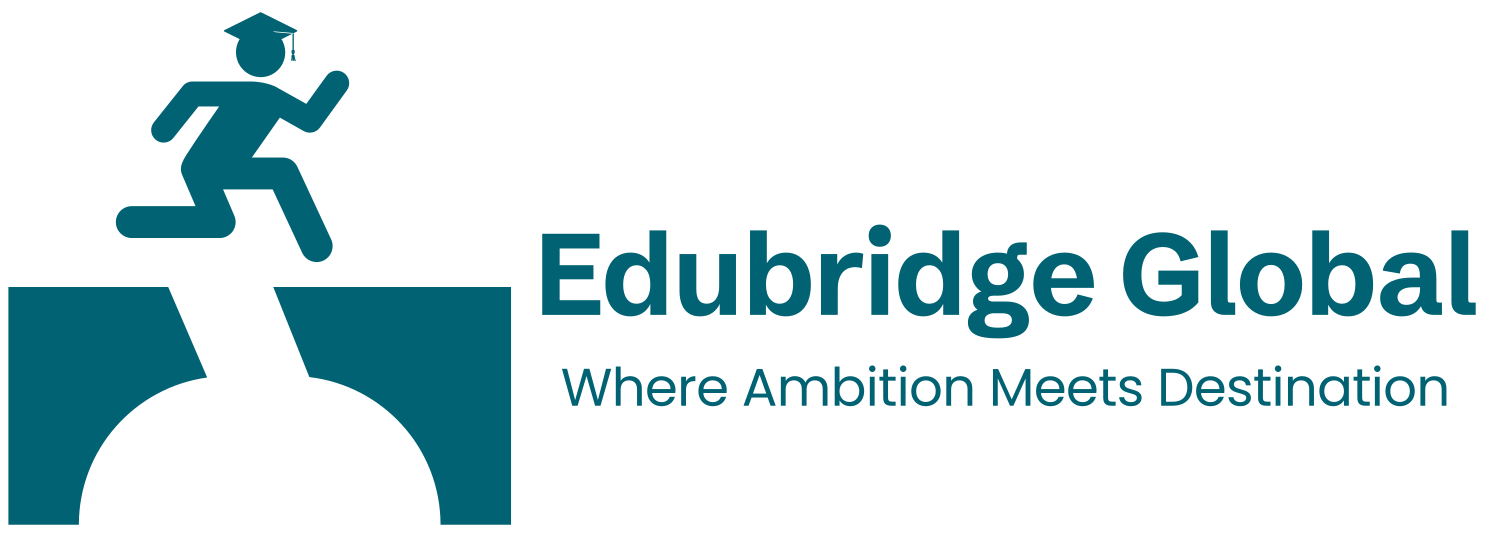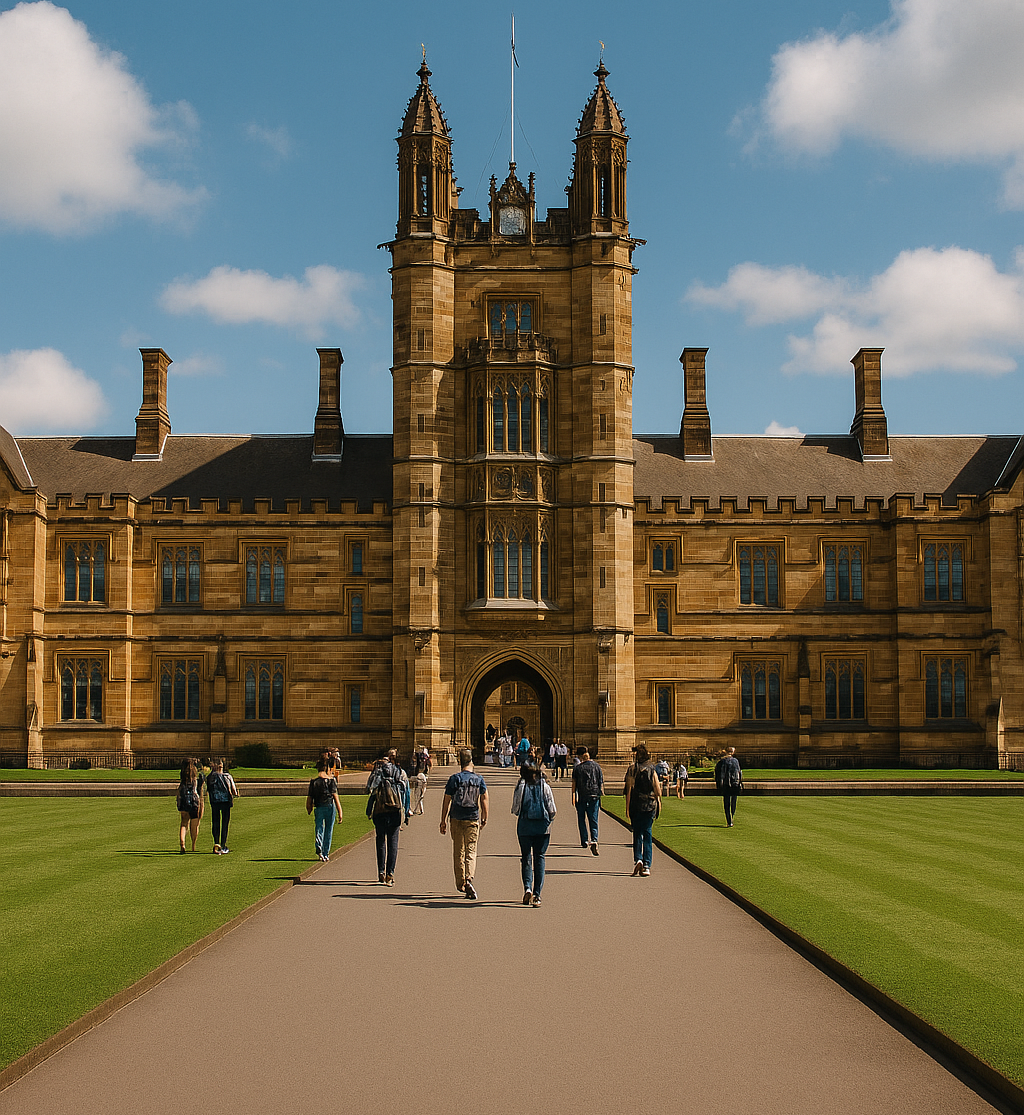Study in Canada
(2026 Guide)
Canada is one of the world’s most popular destinations for international students, high-quality universities, practical career pathways, and work-permit routes after graduation. This guide gives up-to-date, practical information on tuition, living costs, study permits, work rights and scholarships so you can plan confidently.
Key fact line: Nearly 1 million international students studied in Canada at the end of 2024, find what that means for applications, costs, and work options.



